In an era dominated by fast fashion and transient trends, there exists a world where time is both a commodity and a canvas, meticulously crafted by skilled artisans who have honed their craft over generations. “Timeless Craftsmanship: Exploring the Artistic Aesthetics of Watchmaking” invites readers on a journey through the intricate realms of horology, a discipline that fuses precision engineering with exquisite artistry. Each watch tells a story—not merely of hours and minutes, but of the dedication, passion, and creativity poured into its creation. From the delicate dance of gears within the case to the lavish adornment of dials, the artistry of watchmaking transcends mere function, capturing the hearts of collectors and enthusiasts alike. As we delve into the rich traditions and innovative techniques that define this noble craft, we will uncover the profound connection between timekeeping and the artistry that adorns our wrists, highlighting why these timepieces endure as symbols of beauty and excellence across the ages.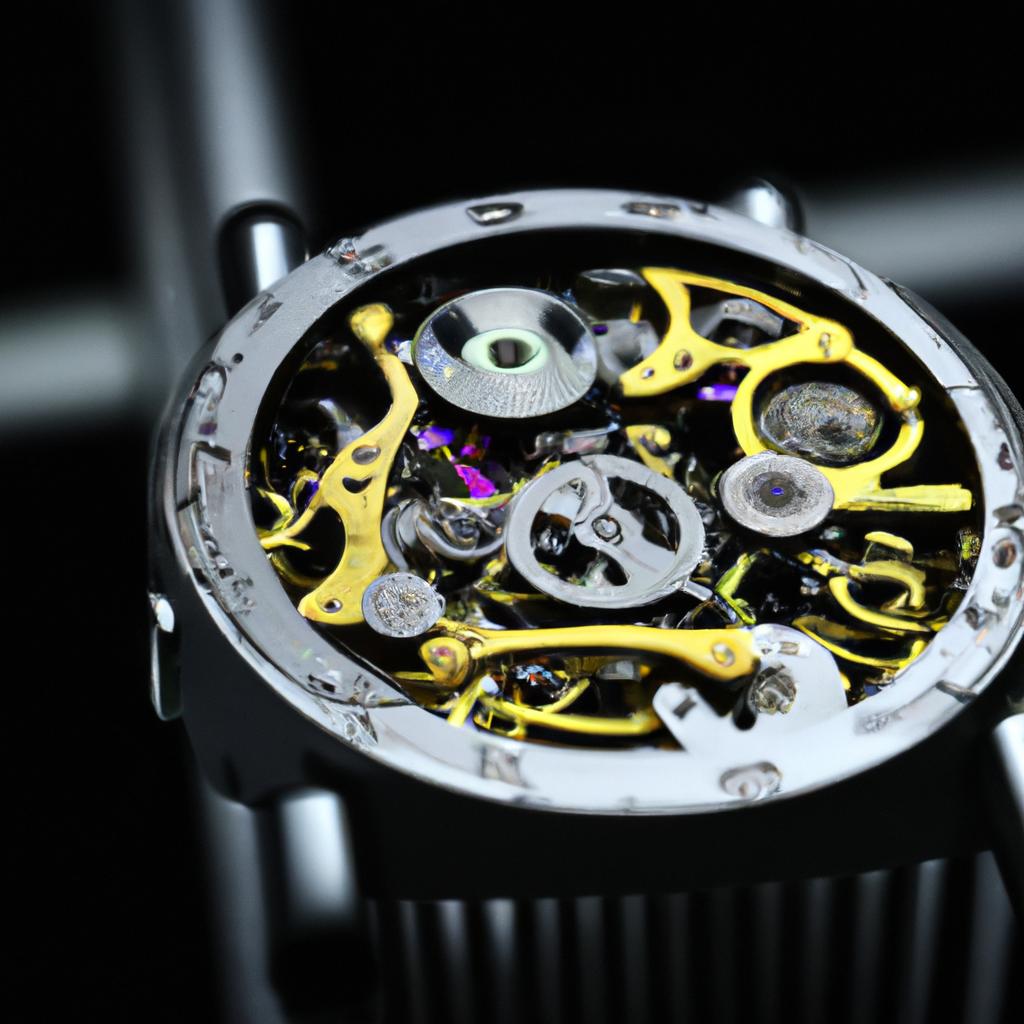
The Intricate Dance of Design and Precision in Watchmaking
The world of watchmaking is a captivating realm where artistry and engineering come together in a remarkable synergy. Each timepiece is a testament to the **skillful balance of design and functionality**, blending the meticulous nature of mechanical precision with the **elegance of aesthetic beauty**. Craftsmen—often referred to as horologists—meticulously curate each component, choosing materials that not only serve a purpose but also enhance the visual allure of the watch. From lustrous dials to intricate hands, every detail is thoughtfully considered, leading to a harmonious and functional work of art.
Central to this artisanal process are the various watch elements that contribute to both its performance and aesthetic charm. Here are some key components:
- The Movement: Often regarded as the heart of the watch, it dictates accuracy and reliability.
- The Dial: A canvas where creativity flourishes, displaying intricate designs and textures.
- The Case: Not just a protective shell, it defines the watch’s style—whether it’s sleek, rugged, or vintage-inspired.
- The Strap: Enhances comfort and adds a complementary touch to the overall design.
To illustrate the **relationship between aesthetics and engineering**, consider the following table showing different watch types along with their distinguishing features:
| Watch Type | Key Features |
|---|---|
| Mechanical | Manual or automatic movement, intricate gears visible through the case back. |
| Quartz | Battery-powered, known for superior accuracy and low maintenance. |
| Smartwatch | Integration with technology, customizable interfaces, fitness tracking capabilities. |
This thoughtful interaction empowers horologists to create timepieces that resonate with collectors and enthusiasts, revealing that every watch tells not just the time, but also an incredible story of craftsmanship and creativity.
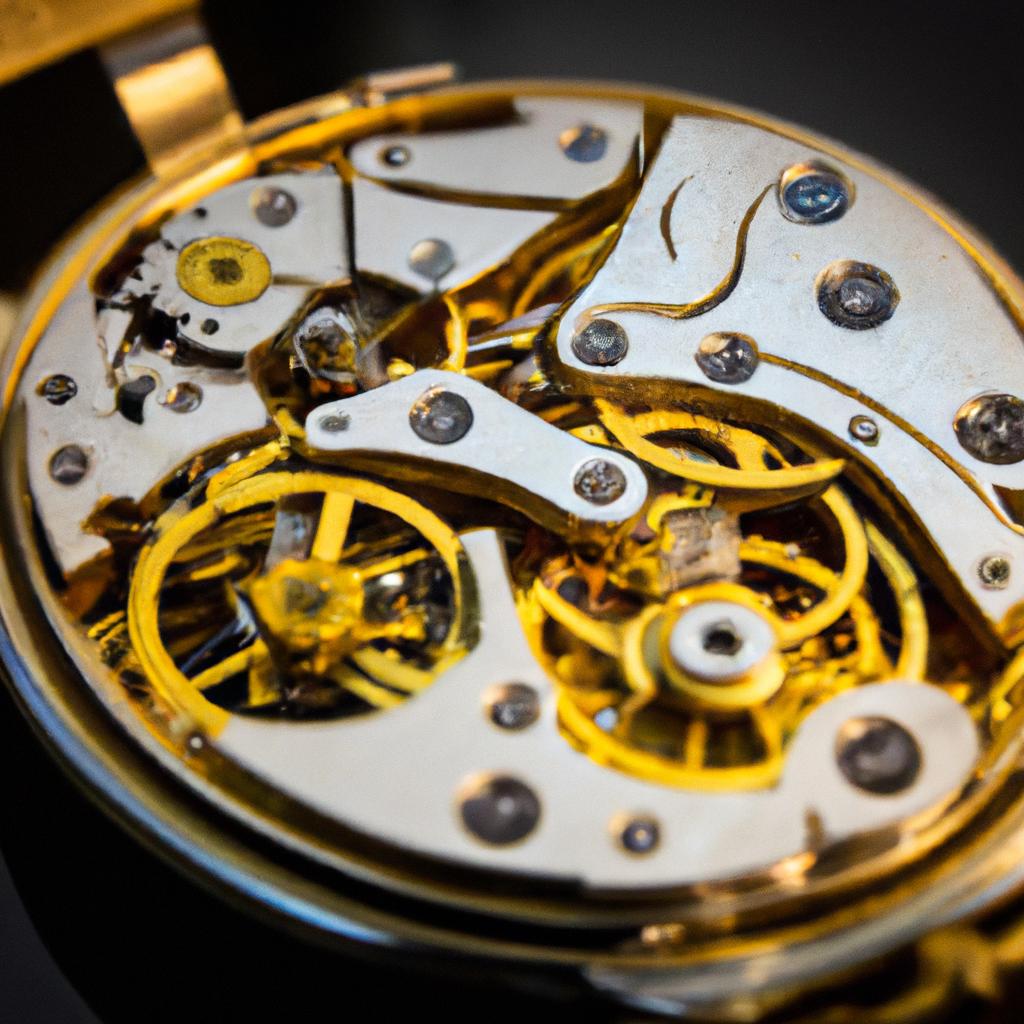
A Journey Through Time: The Rich Heritage and Techniques of Master Watchmakers
The intricate world of watchmaking is an art form that seamlessly blends **technology** with **aesthetic beauty**. Each timepiece tells a story of its own, a narrative woven through centuries of tradition and innovation. Master watchmakers harness time-honored techniques, often passed down through generations, to construct these mechanical marvels. From the delicate handcrafting of gears to the meticulous placement of jewels, every component is designed not just for functionality but also to contribute to the overall elegance of the watch. The result is an object that captures time itself while reflecting the personal style of its wearer.
The aesthetic value of a watch goes beyond its **face**; it encompasses the **case**, **movement**, and even the **strap**. Artisans pay close attention to materials and finishes, selecting from a palette that includes gold, titanium, and exotic leathers. This craftsmanship is evident in the following ways:
- Case Design: Curvatures and angles that play with light and shadow.
- Dial Artistry: Hand-painted or engraved patterns that enhance readability.
- Movement Visibility: Transparent case backs that showcase the heart of the watch.
To further illustrate the evolution of watchmaking styles, here’s a simplified comparison of significant historical periods:
| Period | Characteristics | Notable Techniques |
|---|---|---|
| 17th Century | Baroque embellishments, ornate designs | Engraving, enameling |
| 19th Century | Sleek lines, refined elegance | Guilloché, complications |
| Modern Era | Minimalism, innovative materials | CNC machining, quartz technology |
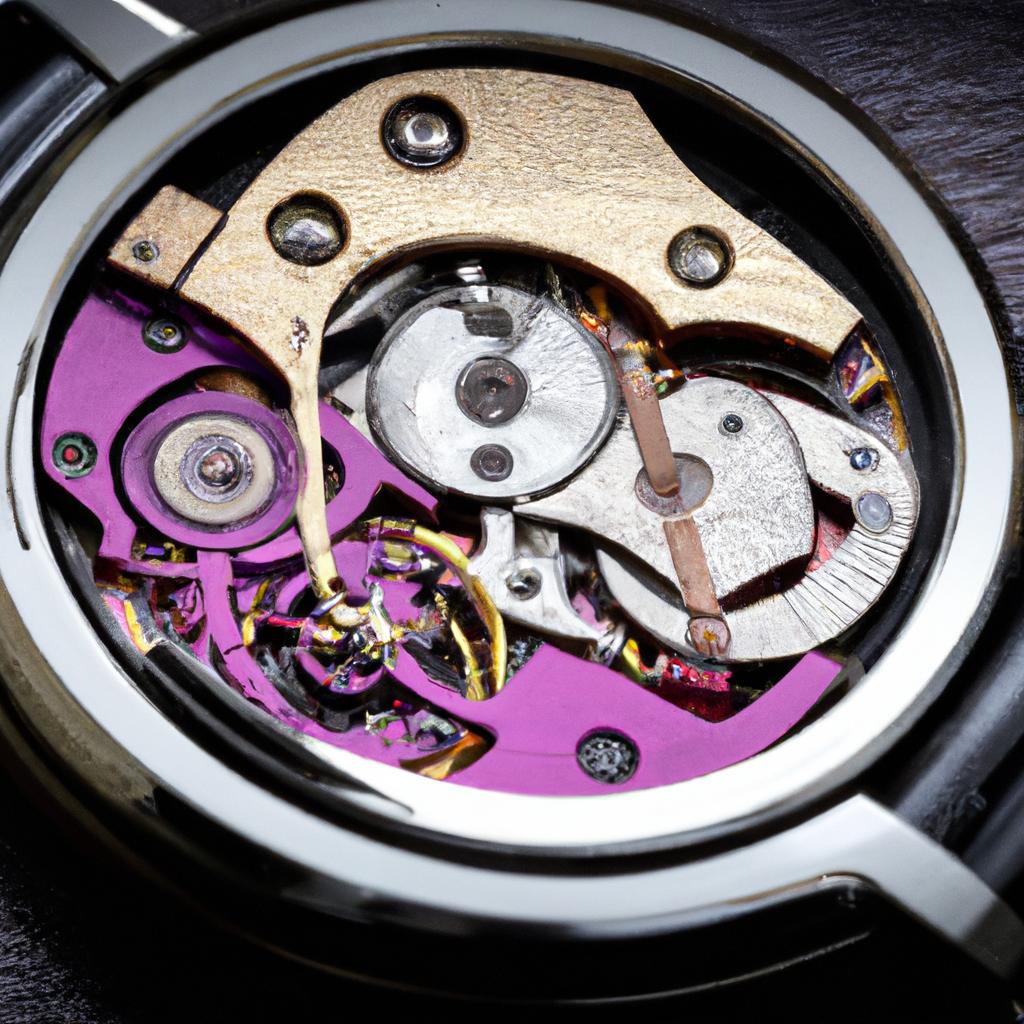
Craftsmanship Meets Innovation: How Modern Technology Shapes Artistic Aesthetics in Horology
The world of watchmaking is a captivating blend of traditional artistry and cutting-edge technology, where **master craftsmen** employ age-old techniques alongside innovative practices to create pieces that transcend mere function. Every watch is a canvas that reflects the meticulous attention to detail of its maker, while also embracing the precision that modern machinery delivers. This duality is evident in the use of laser engraving, CNC machining, and computer-aided design, which enhance the capabilities of artisans, allowing them to push the boundaries of design and functionality. The result is a seamless integration where **aesthetics** meet **accuracy**, embodying the essence of timeless craftsmanship.
Innovative materials further elevate the artistic quality of timepieces, with brands harnessing advancements such as advanced ceramics, carbon fiber, and synthetic sapphires. These materials not only provide aesthetic appeal but also improve durability and comfort. The evolution of watch complications—like tourbillons and perpetual calendars—has also benefited from technological progress, enabling craftspeople to create intricate movements that are both functional and visually stunning. Consider the following attributes that showcase this harmonious relationship between craftsmanship and modern technology:
| Attribute | Traditional Craftsmanship | Modern Technology |
| Design Precision | Handcrafted Details | CNC Machining Techniques |
| Material Use | Classic Metals | Advanced Composites |
| Movement Complexity | Manual Winding | Automated Movements |
| Finishing Techniques | Artisan Polishing | Laser Etching |
To Conclude
In the intricate world of horology, where time is both a canvas and a muse, we find a rich tapestry of craftsmanship woven through centuries of tradition and innovation. The artistry of watchmaking transcends mere functionality; it embodies a profound narrative, echoing the hands that have shaped it. Each piece tells a story—a symphony of mechanical precision, aesthetic beauty, and personal connection.
As we bid farewell to our exploration of this timeless craft, let us carry forward an appreciation for the dedication and artistry encapsulated within each watch. It is not just an instrument for measuring time, but a celebration of human ingenuity, passion, and the relentless pursuit of perfection. In every tick and tock lies a reminder that, despite the relentless march of modernity, the same timeless values of creativity and artistry continue to resonate.
In this age of fleeting trends and fast-paced lifestyles, may we always pause to admire the delicate craftsmanship that endures, nourishing our appreciation for the artistry that transforms mere timekeeping into a timeless legacy. Whether you are an avid collector, an admirer of fine art, or simply someone captivated by the mechanics of time, the world of watchmaking invites you to explore the beauty that lies within every crafted piece. Until our next journey into the realms of artistry, let us remain observant, cherishing the elegance that transcends generations.

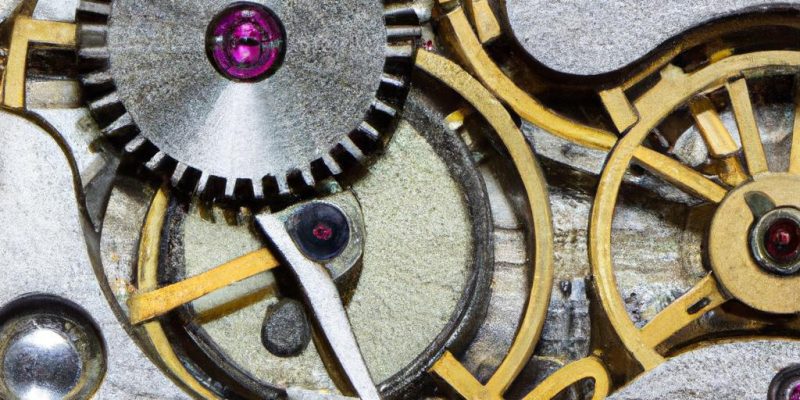
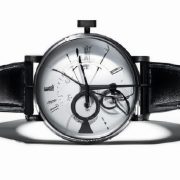




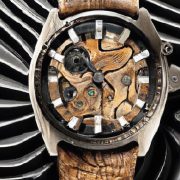









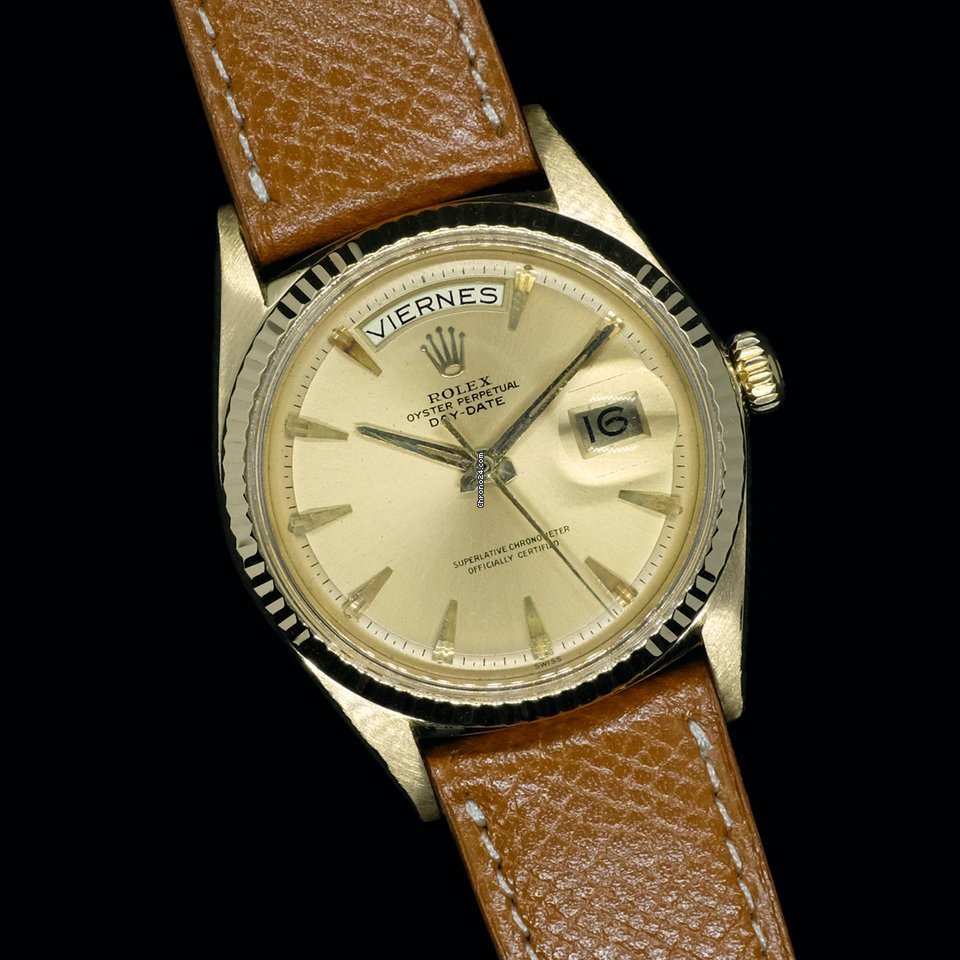
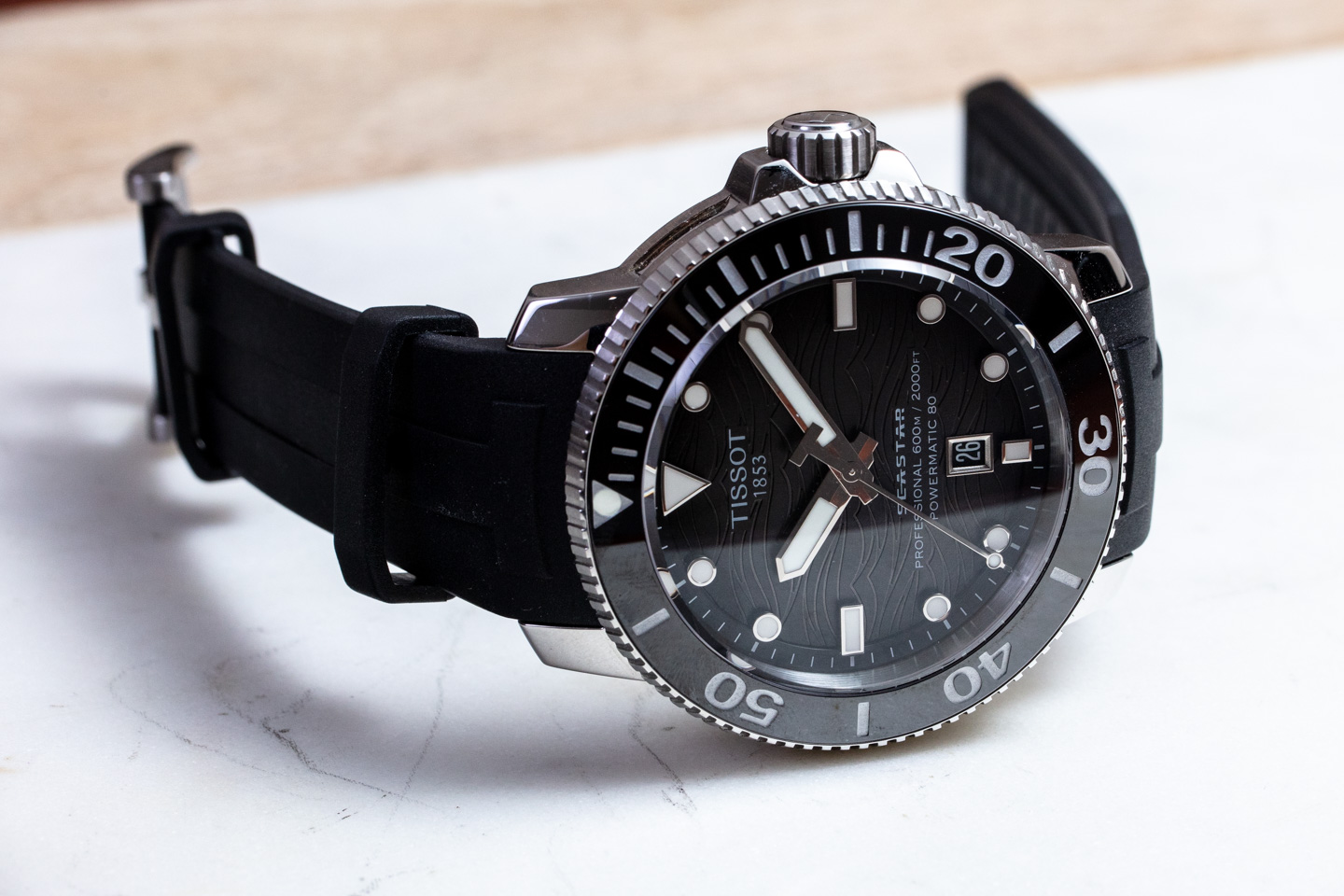
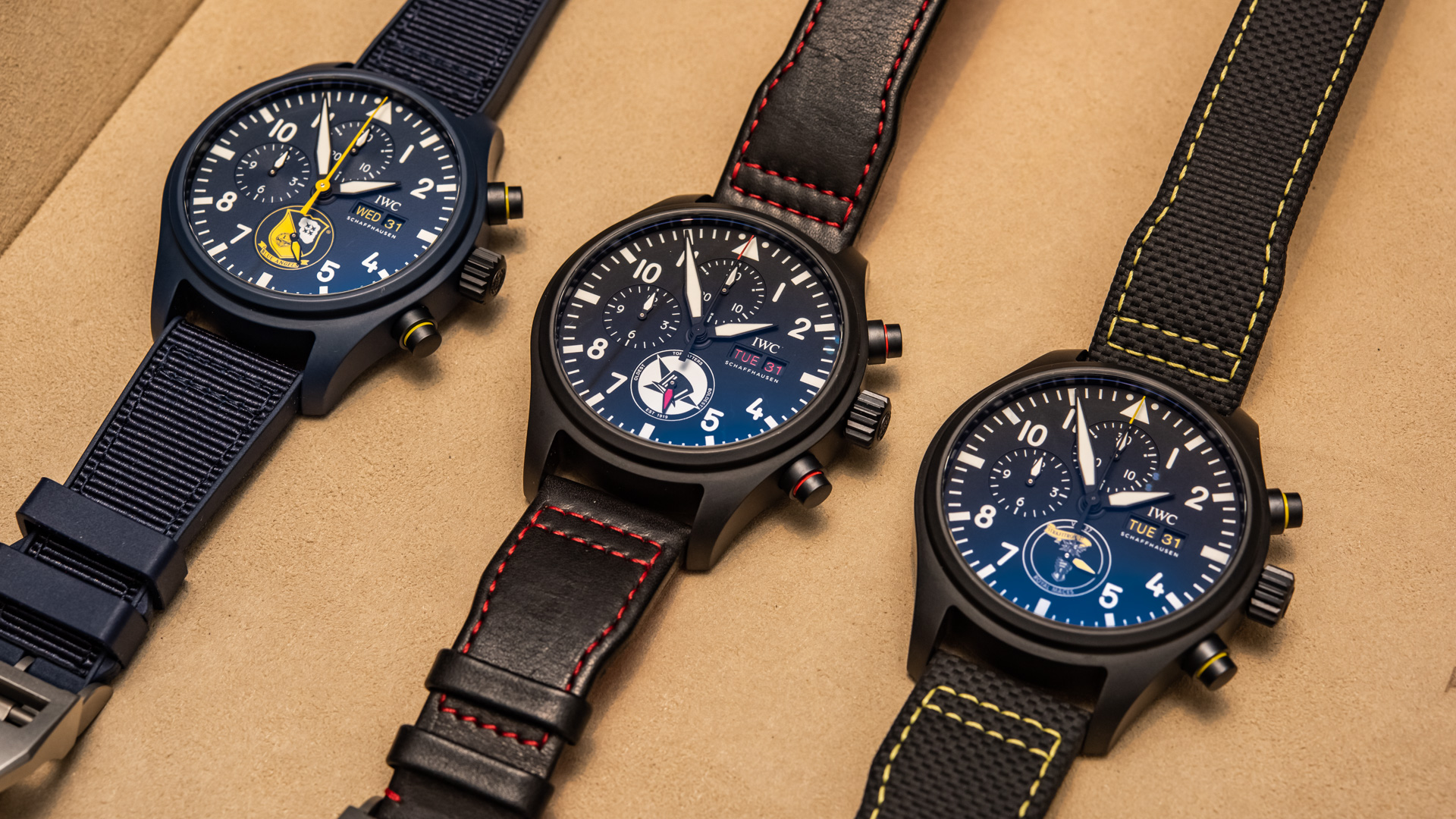
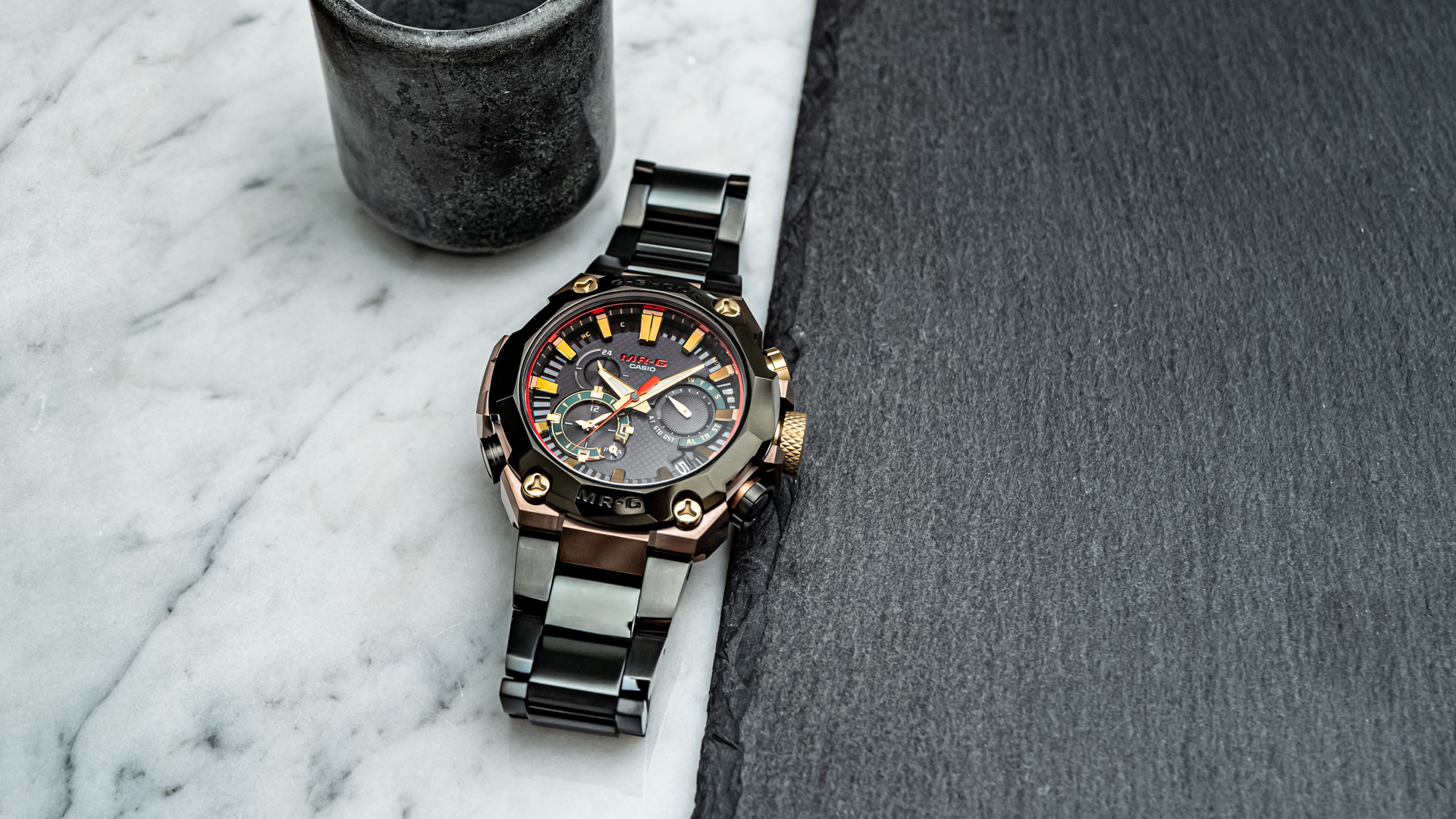
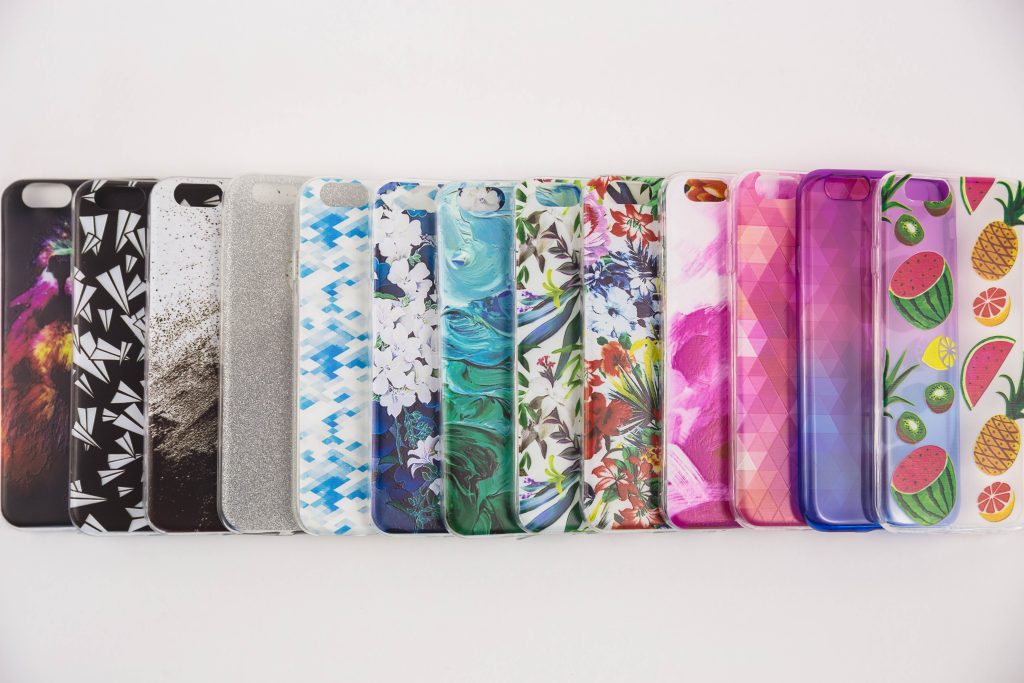

Comments